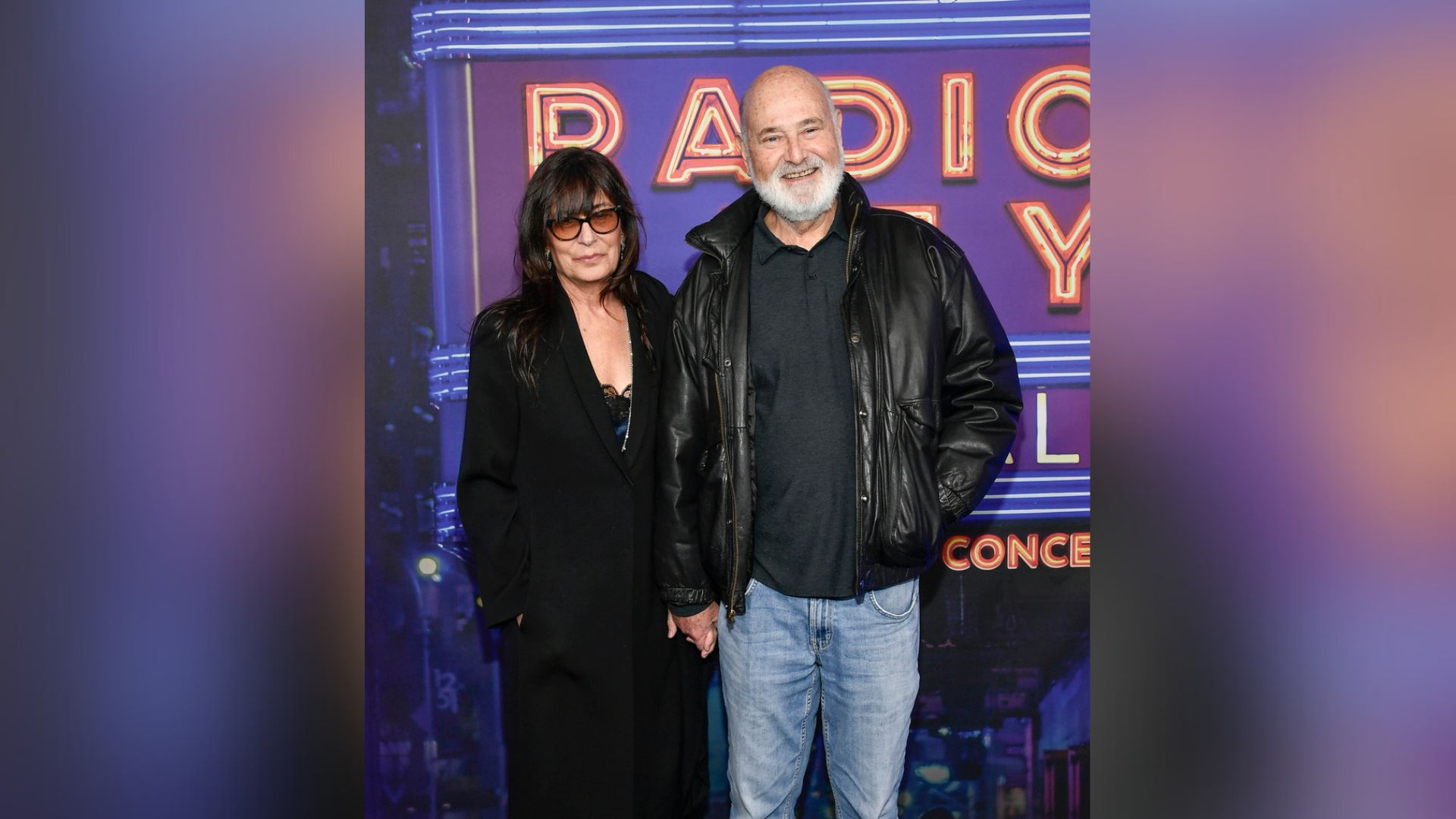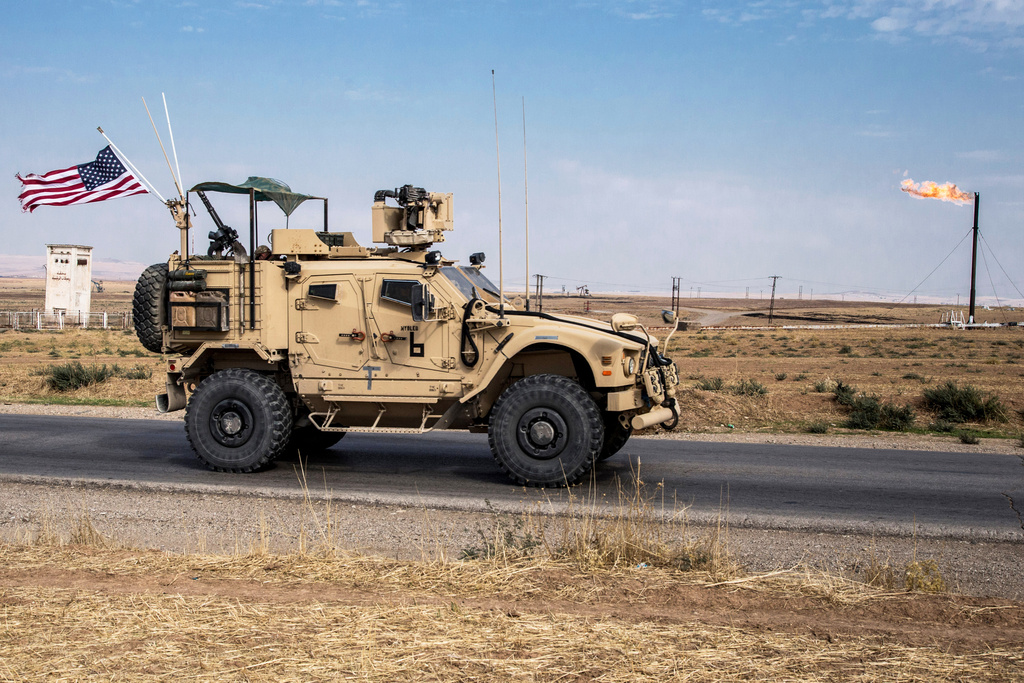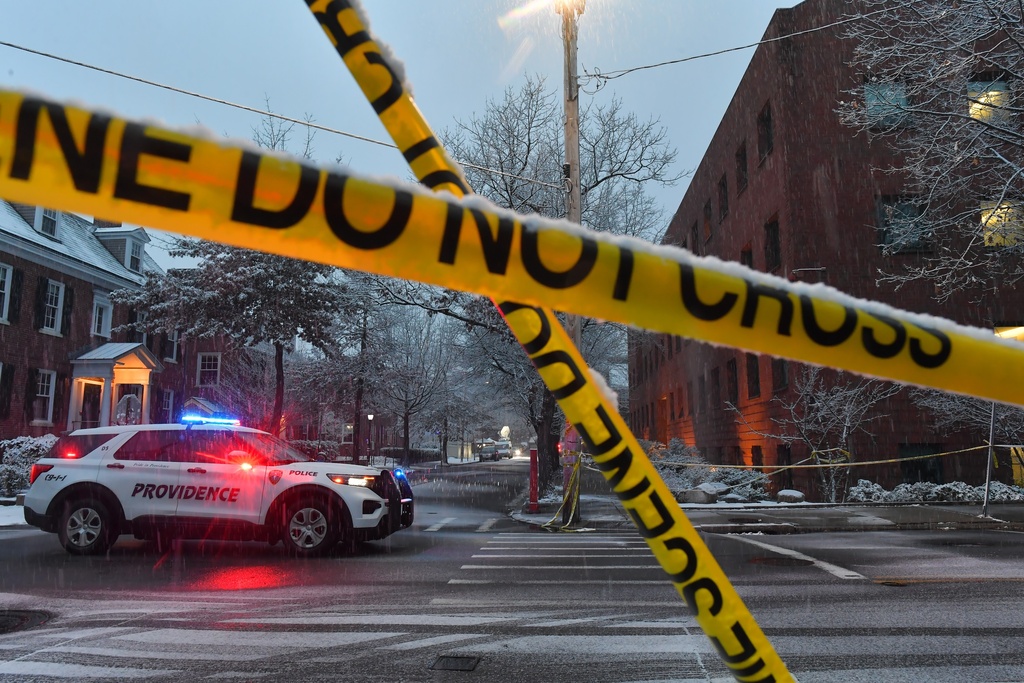It's the 20th anniversary of Hong Kong's handover from the U.K. to China, and Chinese President Xi Jinping is celebrating with a visit to the territory. But that visit has pro-democracy protesters up in arms.
As a result of the First Opium War, the port city of Hong Kong was ceded to Great Britain. It retained its territory status for over a century. During this time, the city fought for universal suffrage, but fell short of that goal. In 1997, Hong Kong was handed back to China — but its pro-democracy movement continued.
Since 2004, the Chinese government has retained the right to veto any of the city's plans for suffrage. That tight hand on the city birthed years of protest and at least 12 different pro-democracy groups, such as the Hong Kong Federation of Students, Civil Human Rights Front and People Power.
These groups joined together in 2014 to form the pro-democracy "Umbrella Movement." Many of the main players or leaders in the movement are academics and students.
During the fall of 2014, more than 100,000 people protested as part of Occupy Central — a response to the Chinese government's decision to allow partially democratic elections for Hong Kong in 2017.
This movement hasn't slowed down in time for the city's 20th anniversary, and anti-Beijing sentiment is still very strong among young citizens.
Hong Kong police have put up barriers to separate protesters from the ceremonies, and if that's not enough, over 10,000 police officers and elite "combat-ready troops" have been deployed to protect President Xi.
Over two dozen protesters have already been arrested — including key activist leader Joshua Wong.




 Hong Kong Pro-Democracy Movement Faces Challenges After Win
Hong Kong Pro-Democracy Movement Faces Challenges After Win






